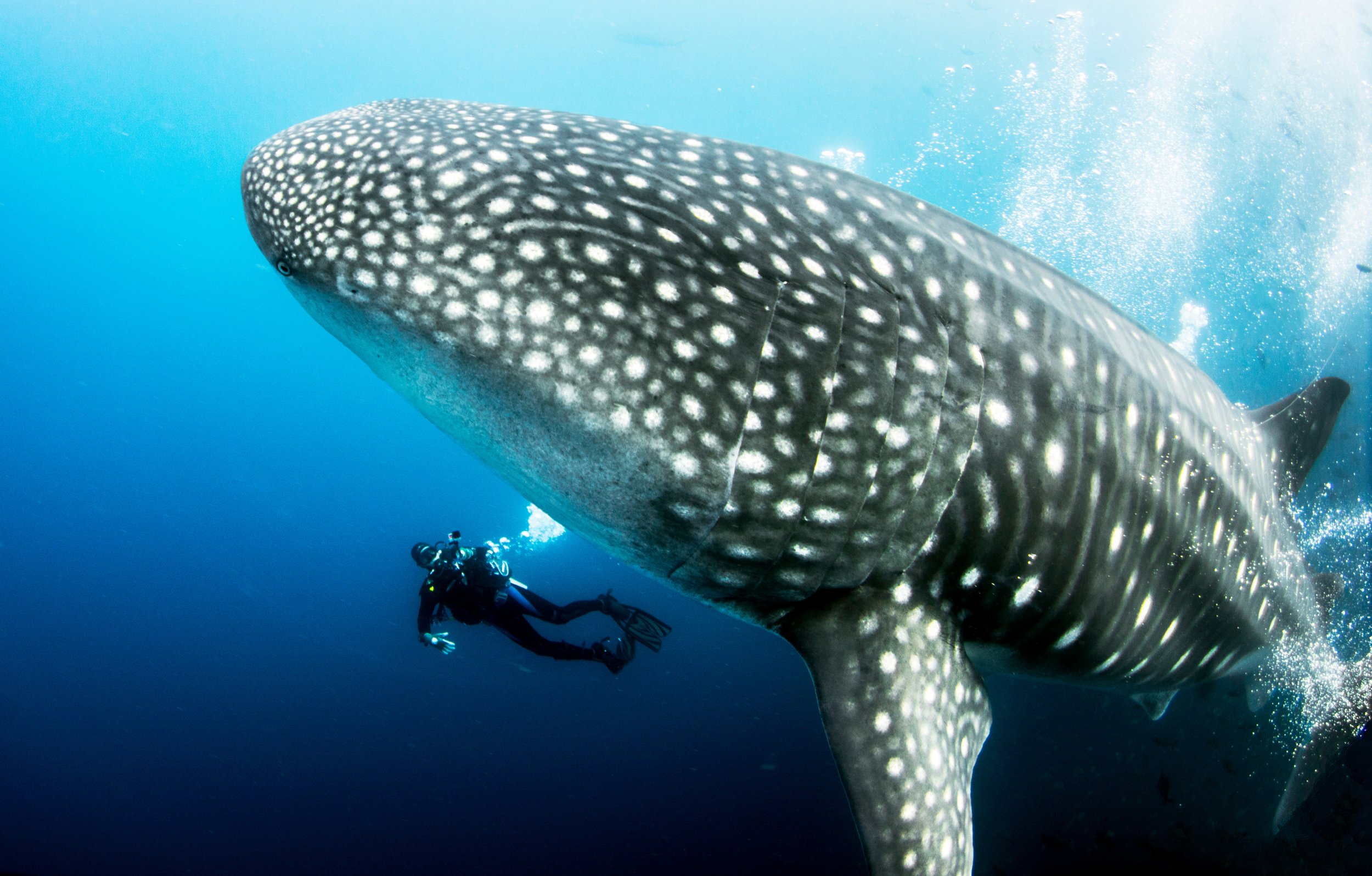Methuselah's Zoo
/‘Methuselah’s Zoo’ suggests longevity science refocus
New book asks whether current animal studies are looking for answers in the wrong places
Scientists are searching for ways to extend the healthy human lifespan, but an Alabama researcher thinks they’re studying the wrong animals in their quest for longer life.
Steven Austad, a professor at University of Alabama at Birmingham, has authored a book that suggests science – which tends to do most of its research on short-lived animals like flies and mice – should, instead, be studying animals that already outlive human beings.
His book, “Methuselah’s Zoo,” makes the argument that science should instead study long-lived species like tube worms that can live 1,000 years or more, whales that can live 200 years, and other creatures that outlive humans. He postulates that millennia of evolution have already found solutions to the problems of aging that science is currently studying.
“Nature has had a billion years to experiment with this and has already come up with some phenomenal ways to do it,” Austad told Longevity Technology. “But we haven’t figured out what those are yet because we haven’t been looking at the animals that really do it well.”
He said the focus on short-lived animals, like mice, nematodes and fruit flies, simply will not provide much helpful information to extend human life.
“The common laboratory approach is to use animals that live a very short time, and that fall apart in a hurry,” he said. “But one of the things that we know about mice from the cancer field or from the Alzheimer’s field, is that relatively few of the therapies that work in mice translate to people. It’s about 10% in cancer, and, so far, 0% in Alzheimer’s disease.”
Austad reinforces a point that Methuselah Foundation has made through the years, since we funded the sequencing of the bowhead whale genome, in 2012. Our goal was to understand how these whales – the longest-lived mammals in the world – can live over 200 years.
The research produced vast amounts data about the whale’s genome and transcriptome, providing valuable information for longevity studies. Just as important, it produced significant media coverage that helped to raise awareness of longevity research and bring it into the mainstream of science.
Austad’s point about not putting all of science’s eggs into the basket of traditional animal studies makes absolute sense. And we applaud his efforts to raise awareness for the fact that evolution has found ways to extend life to hundreds and even thousands of years.
All we need to do is catch up.


